
3D printing of medical implants, guides, and tools can advance personalized treatments and expand clinical applications. Despite challenges in integrating these technologies into established workflows, experts at a recent 3D printing forum emphasized their transformative potential. This newsletter also explores promising AI applications in emergency radiology, pregnancy risk assessment and lung cancer prediction, as well as emerging health threats driven by climate change. Enjoy reading!
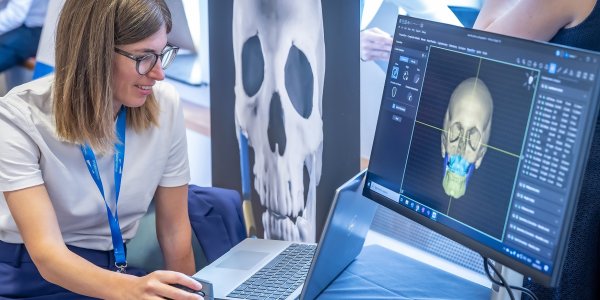
Article • Technology applications
Medical 3D printing: from niche to mainstream
From personalized medical guides and implants to advanced surgical planning solutions: 3D printing and visualization has seen considerable growth over the past years and is already making a significant impact in healthcare. AI, cloud, and ...
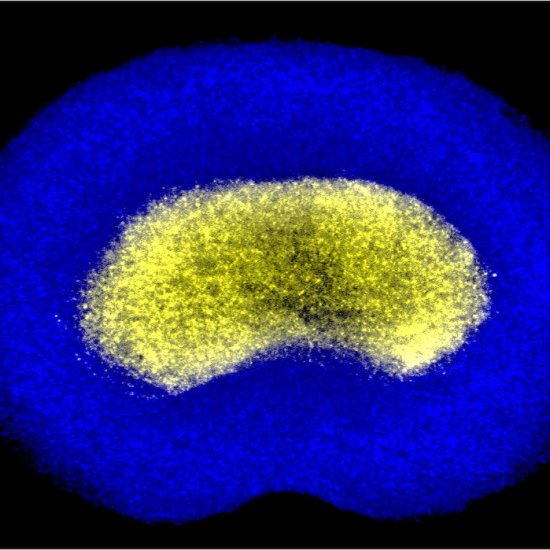 |
News • Advance against back pain3D bioprinting a functional spinal discResearchers used state-of-the-art 3D bioprinting to replicate the complex structure and environment of spinal discs. Their insights hold promise for understanding back pain and disc degeneration. |
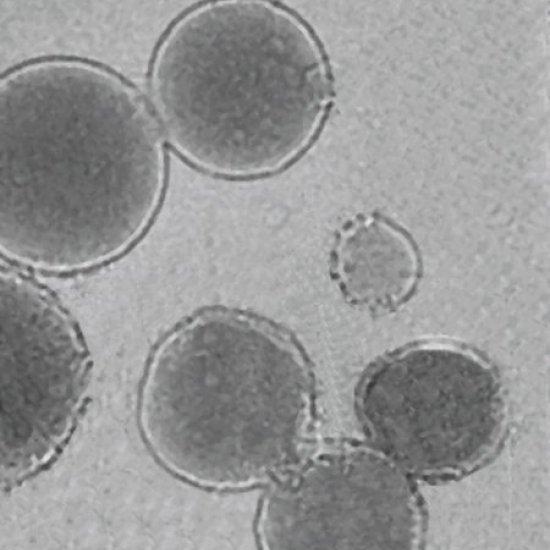 |
News • In vivo sound printingOne step closer to 3D printing inside the bodyA team of scientists has developed a method for 3D printing polymers at specific locations deep within living animals. |
 |
Article • Technology impact in emergency medicineEmergency radiology reports – AI to the rescue?As Emergency Departments (EDs) get ever busier, focus has fallen on the role artificial Intelligence (AI) can play in supporting patients and clinicians in delivering urgent care. The topic took centre stage in a session looking at the ethics of AI ... |
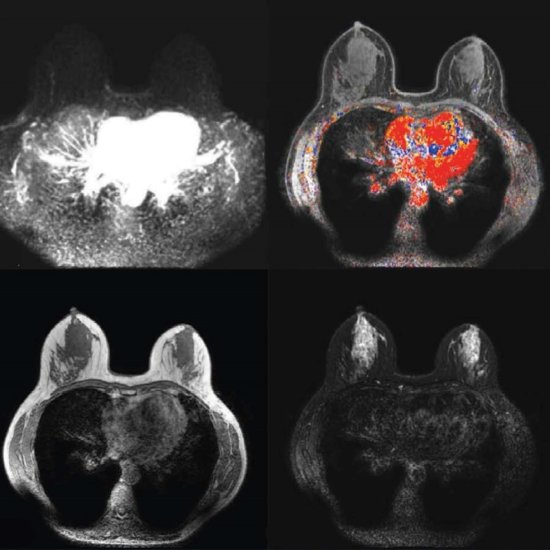 |
News • Study on diagnostic accuracy of AB-MRIAbbreviated MRI effectively detects cancer in dense breastsDiagnosing breast cancer in women with extremely dense breasts often comes down to MRI, but the scans take long and are expensive. Research confirms that shorter protocols also yield accurate results. |
 |
News • Patient data extraction, manipulation, poisoningExperts highlight LLM cybersecurity threats in radiologyIntegration of large language models (LLMs) in healthcare is still in its early stages, but expected to expand rapidly. Now, researchers point out potential cybersecurity vulnerabilities in radiology. |
 |
News • Deep learning-based assessmentAI ‘Sybil’ predicts lung cancer risk from single LDCT scanA deep learning model was able to predict future lung cancer risk from a single low-dose chest CT (LDCT) scan, according to new research published at the ATS 2025 International Conference. |
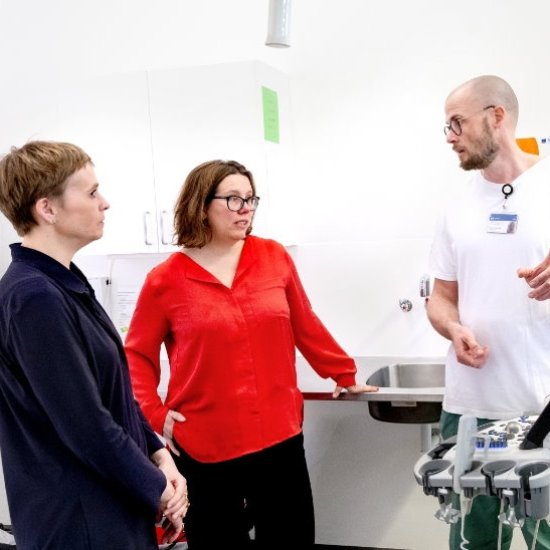 |
News • Analysis of ultrasound scansUsing AI to better detect high-risk pregnancyUsing AI to analyse ultrasound scans can detect up to 35% more risk pregnancies than scans performed by healthcare professionals without AI decision support, according to new results. |
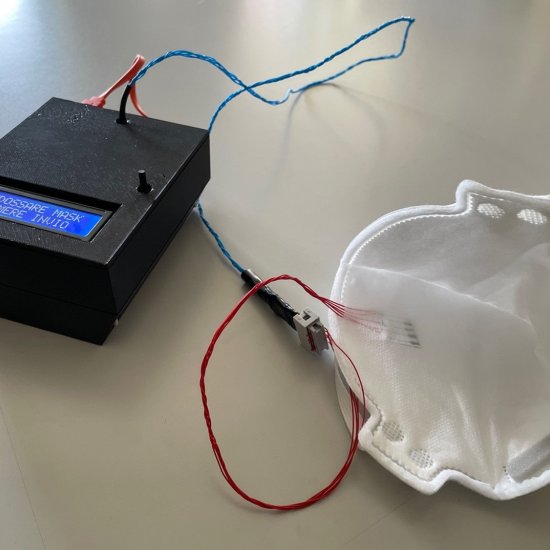 |
News • Disposable sensor arrayFace mask breath test could identify chronic kidney diseaseResearchers incorporated a specialized breath sensor within the fabric of a face mask to detect metabolites associated with chronic kidney disease. Initial tests showed promising results. |
 |
News • Predictive models for fungal pathogensStudy: Climate change enhances threat of infection-causing fungi to EuropeThe rise of pathogenic fungi is a real concern and is being driven by climate change. A new study predicts significant spread of certain fungal pathogens in Europe fuelled by rising temperatures. |
Personalia
 Dr Jakob KirkegårdLeveraging the power of data to improve pancreatic cancer treatment |
|
|
Events
| 05.06.2025 - 07.06.2025 | Taipei, Taiwan |
| Medical Taiwan 2025 | |
You are receiving this email because you subscribed to our newsletter on healthcare-in-europe If you don’t want to receive this newsletter anymore, click here to unsubscribe. Keep up-to-date on the latest news from all hospital-related fields! Copyright © 2026 mgo fachverlage GmbH & Co. KG. E.-C.-Baumann-Straße 5, 95326 Kulmbach, Germany |